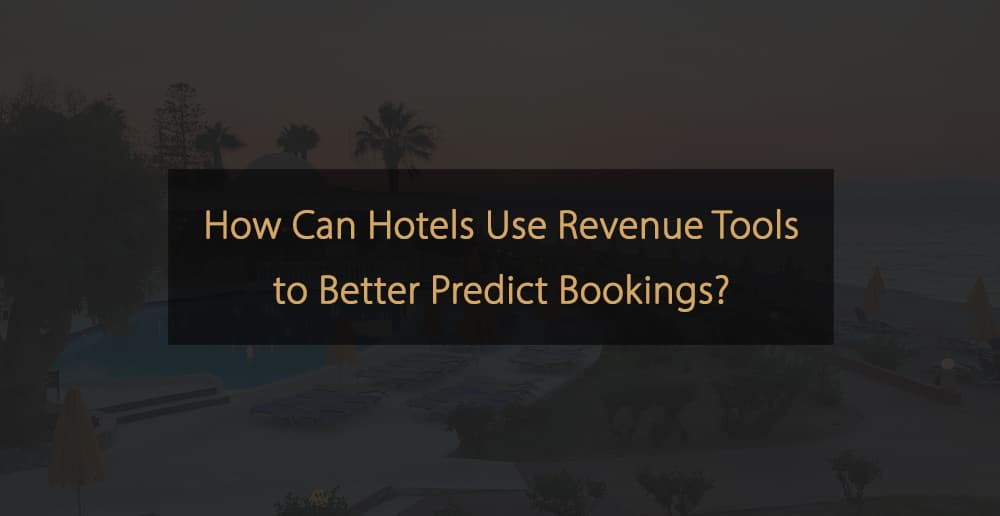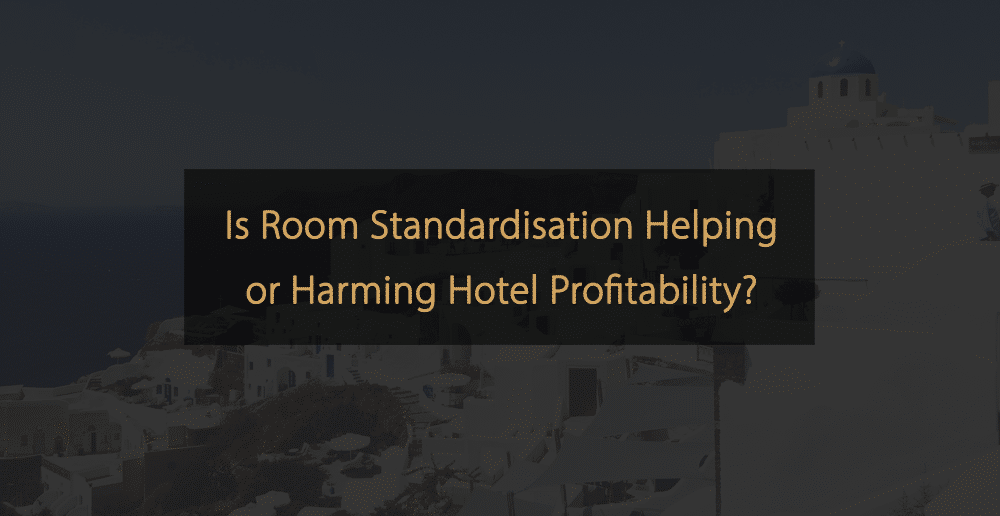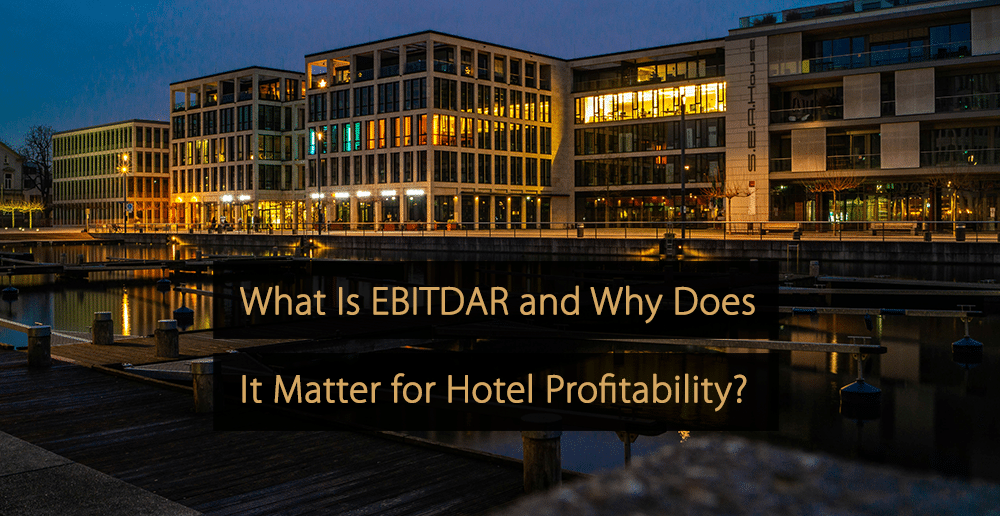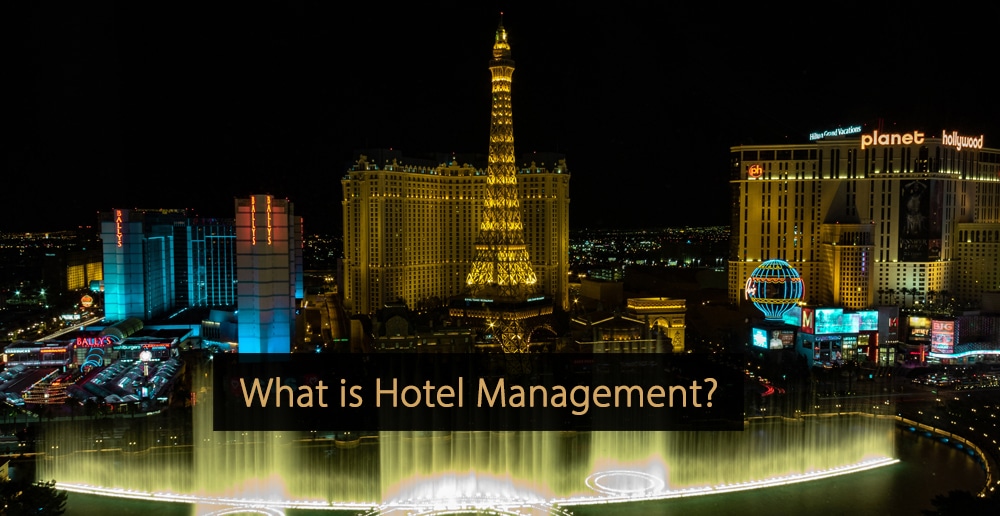Question for Our Revenue Management Expert Panel:
What are the links between hotel reputation scores and revenue management? How do they influence each other? (Question proposed by Pablo Torres)
Industry Expert Panel
Our Industry Expert Panel exists out of professionals within the hospitality & travel Industry. They have comprehensive and detailed knowledge, experience in practice or management and are forward-thinking. They are answering questions about the state of the industry. They share their insights on topics like revenue management, marketing, operations, technology and discuss the latest trends.
Our Revenue Management Expert Panel
- Pablo Torres – Director Of Sales Marketing, Alannia Resorts
- Chaya Kowal – Director of Revenue Management, Potato Head Family
- Dermot Herlihy – Owner, Dynamic Hospitality Consulting
- Ricardo Sereno – Revenue Manager, Altis Hotels
- Diego Fernández Pérez De Ponga – Director of Revenue Management, Palladium Hotel Group
- Dr. Betsy Stringam-Bender – Professor of Hotels & Resorts, New Mexico State University
- Krunah Shah – Director of Revenue Management, The Biltmore Mayfair, LXR Hotels & Resorts
- Daphne Beers – Owner, Your-Q Hospitality Academy
- Fabian Bartnick – Founder, Infinito
- Silvia Cantarella – Revenue Management Consultant, Revenue Acrobats
- Massimiliano Terzulli – Revenue Management Consultant, Franco Grasso Revenue Team
- Annemarie Gubanski – Founder and CEO, Taktikon
- Mariska van Heemskerk – Owner, Revenue Management Works
- Ask Our Panel a Question
- Join Our Expert Panel
“The best answer one can find is from Adele Gutman, a review guru who knows very well how to achieve the #1 spot on Tripadvisor globally, which means a dramatic increase in demand and therefore, in price. It´s the same with Michelin-starred restaurants: achieving a star means menu prices can skyrocket and demand will still increase at a higher pace.”
“Several surveys show that ratings influence the buying decision of customers; especially for longer stays. Personally, it does too as I always read reviews before making a booking and even use filters for review scores. Surveys, trials, and tests are showing that there is a direct relation between reputation scores and better RevPar as well. The better the reputation score, the more likely the customer will be willing to pay a higher price.
Reputation scores are influencing the pricing decision in various hotels nowadays. For example, hotels compare their score to that of their compset to make a pricing decision: if they have a much higher reputation score compared to the competition, they will have a tendency to increase their rates and would be able to do so without losing on occupancy. There are also reports showing that higher reputation scores not only affect leisure travellers but also result in the hotel getting more groups and more negotiated rates for corporate, for example.
However, each property has to analyze its own data, trends, compset and keep testing to see what works best for them. It is also a good idea to use reviews to make decisions about packages and pricing for example and improve the offerings.”
“I certainly see a link between reputation scores and revenue management. There is a developing intrinsic connection over the last few years and moving forward, where the guest is shopping reputation as much as price. From the guests’ perspectives, they’re asking themselves: is there value for money? Am I going to get what I booked?
Reviews from previous guests gives them the insight into what they are going to experience. Do I book that suite? Or wait until I get there?
The connection after-stay to keep that guest is even more pivotal with repeat guest offers, but also to maximize on total revenue management. Using a reputation management system effectively, driving on feedback and experiences within all departments, will allow a revenue manager to dive into greater analysis. With the spa, for example, what packages, value adds etc., can be used to drive revenue spend and overall increase in TrevPAR?
Reputation management is very much not just an operational piece anymore and any RM needs to be one of the key drivers of its use but also take actions themselves.”
“It’s a funny and provocative question that provokes the biggest clash in our job. Will an increase in price generate a decrease in reviews? Will the latter create a decrease in the will of the client to book our hotel? Will I be losing profit if I sell lower than I could just because I don’t want my review score to drop? What’s a good review score for my property, should we all just aim for the 10? Should I treat “better” (priority in room upgrade and VIP services) the clients that come from a platform that has a public review system?
Of course, all of us can measure that a good increase or decrease in reviews will impact the prices that we are selling. There are countless cases of hotels that have steady growth, letting price push the service or reviews push prices.
But there are also cases of hotels that have been pushing revenue and not considering reviews with the goal to make a big refurbishment, requesting afterwards a reset on all historical comments.
Historically in my career, I have worked for a hotel that was one of the worst-reviewed hotels of its category in the destination, and by far the worst hotel in our compset, but at the same time, it had the highest MPI and the second-highest ARI in the compset, being a true “Cash Cow”. The hotel was then fully refurbished, prior reviews erased and started off like a completely new property with higher prices and better quality reviews. If the drive hadn’t been revenue, full renovation would never have been possible and the turnaround of the reviews would have taken years and years.”
“There is a famous study done by Cornell University and Review Pro that found that an increase in GRI brings an increase in RevPar. With all respect, I have some doubts about the use of this correlation because in a very globalized world, any change could affect your pricing strategies, so it’s very complicated to understand this correlation mathematically.
For sure, an increase in the quality of your service brings you better results, but for me, it’s difficult to prove that with numbers; there are a lot of factors that can impact your ADR or RevPar, etc.”
“My favorite resource to answer this question is the book “Hotel Pricing in a Social World: Driving Value in the Digital Economy” by Kelly McGuire. It’s a very thorough resource on understanding the connection between user-generated ratings and reviews, and hotel pricing.
- Academic research, while limited, has consistently shown two relationships.
- Higher ratings and more positive reviews allow hotels to achieve a higher room rate.
However conversely, higher room rates lead to increased expectations which often result in less favorable reviews and ratings (expectation theory).”
“Reputation scores are very much linked to pricing strategies. If your property is continuously getting more negative reviews than your competitors, you will not be able to sustain the high pricing in the market, ultimately leading to customers not booking your property. Positive reviews very much influence decision-making and also the perceived value for money.
There are more and more customer reviews that are creating value in hospitality. The Review Score does impact market positioning and thereby contributes to your pricing strategy. It also adds different dimensions towards guest perceptions on booking your property against your competitive set.
Not only do good reviews impact your pricing strategy but also replying to both good and bad reviews adds value to the property. E.g., one of your properties had a review score of 66% and this was because the management responses were not 100%. Once they started achieving a reply score of above 90%+, they increased their review score significantly. This helped in more conversion % at a higher ADR, achieving a higher RevPAR overall. It also improves the impression of the hotel.
You can achieve this by keeping the team focused on issues and empowering them to make the right business decisions.”
“From my experience, there is a direct correlation between the two. When I worked for two properties in Amsterdam, we could directly increase our rates up to 20% when we entrered the top 10 on TripAdvisor. With the other property, we were in the top 20 (page two) and were able to increase rates up to 10%.
These increases were done without losing on reputation management. So the increase in rates did not make our satisfaction scores go down. There hvae been a lot of studies done on the correlation and there are even tutorials on how to turn your reviews into revenue; very strong tools to improve and increase direct revenue.”
“They matter a lot. However, the question is about bringing it together. If you have a high price and someone books – then says “no value for money”, then everyone reading the “no value for money” will attribute it to whatever rate they see. Consistency is king and delivering on your promises will make sure you are well placed with one influencing the other upwards.”
“Simply said: the higher the reputation, the higher the opportunity for your hotel to be chosen and the lower the price resistance factor. It is very important to monitor the reputation through all channels, even those that do not drive any bookings but still generate traffic. If we just think about the number of sites that, on average, each potential guest consults before making a booking, it becomes easy to understand how impactful a drop in the web reputation can be on your conversions.”
“Today it is evident that having a very high review score on Booking.com, Tripadvisor, Google, etc., greatly influences the visibility of a property in online algorithms, and consequently the number of bookings and the conversion rate (ratio of bookings to visits). This is the objective criterion of quality of a property that users prevalently rely on, much more than the stars awarded by local authorities. Online reputation is the most successful and cost-effective form of marketing that exists today. Lots of studies show that the factor that determines the final choice of one property over another, characteristics (location, services, etc.) being the same, is precisely the online score. In narrowing down the search results, the vast majority of users tend to select filters (e.g. 9+ on Booking or 4+ on Tripadvisor) or sort the results by score according to certain selection criteria (e.g. 4-star hotels with breakfast, parking, free cancellation, etc.).
This has a decisive impact not only on the number of bookings and conversion rate but also on the ADR (average daily rate) at which a hotel can sell. The higher the score, the higher the potential sales price accepted by the market to book that property. And all things being equal, more than 80% of people choose to pay slightly more for the property with the highest score.
But there are other variables just as important as quality. That is the quantity and freshness of the reviews. With the same review score, the algorithms give greater visibility to the properties with more reviews, even more so if recent, as a sign of greater reliability and credibility. And by collecting more reviews it also becomes easier to mitigate the impact on the overall average of those few negative and unfair (if not in some cases fake) reviews that statistically involve each hotel.
The quantity is also linked to the freshness and regular frequency of the reviews. That’s why those who have always remained open during the pandemic have had the opportunity to continue to collect reviews even in the most difficult periods such as the lockdown, thanks to essential travellers, and to keep their online ranking constantly high. This has been a competitive advantage that has allowed these facilities to recover earlier and better than the others as soon as vaccinations and the easing of restrictions have allowed a return of tourists and events.
Therefore, it is essential to create a culture aimed at constantly improving one’s reputation, with a staff adequately educated and motivated to achieve the goals through constant analysis and learning, and to collect not only excellent reviews but as many and as regularly as possible.”
“There are various studies proving that high reputation scores actually create both increased occupancy and average rate. This is actually quite logical. High reputation scores mean that the property offers a high-quality stay and of course, more people are interested in high quality (thus creating increased occupancy) and are happy to pay a bit extra for it. I think that it will get increasingly important now that we are coming into a time where inflation will mean that our guests will have a very close look at what they will spend their money on.”
“There is an actual correlation between these two; a higher review score allows a hotel to also increase the rates. But also a score above 8 is the minimum to get good online visibility. With regard to pricing / review score, it’s important to know the performance of your competition. What are their review scores Vs. daily pricing? Do they have a higher score, but lower rates? This might impact your hotel negatively, but do they have lower / similar scores, but higher rates? Then you might want to see if there is space to increase your rates as well.”
Ask a Question & Join Our Expert Panel
Would you like a question to be answered by our Industry Expert Panel? Or would you like to join our community of experts and share your experience, insights, and knowledge with fellow industry professionals? Via the buttons below you can submit a question or submit a request to become part of our expert panel.
More Tips to Grow Your Business
Revfine.com is the leading knowledge platform for the hospitality and travel industry. Professionals use our insights, strategies, and actionable tips to get inspired, optimize revenue, innovate processes, and improve customer experience.Explore expert advice on management, marketing, revenue management, operations, software, and technology in our dedicated Hotel, Hospitality, and Travel & Tourism categories.




















Leave A Comment